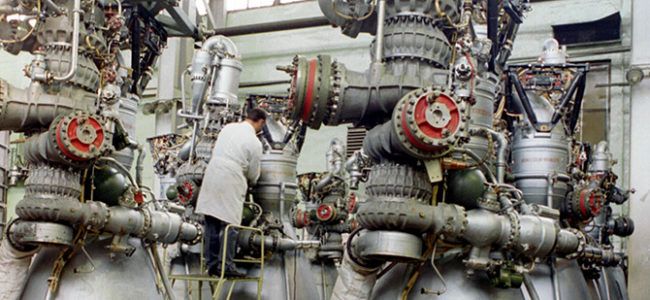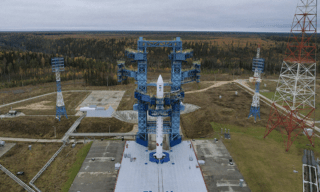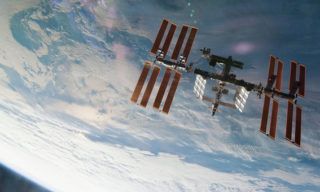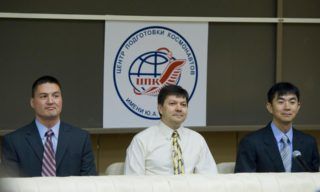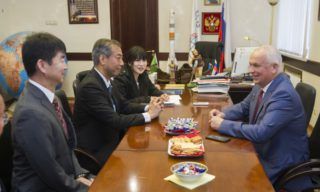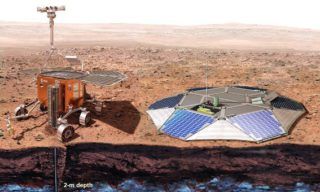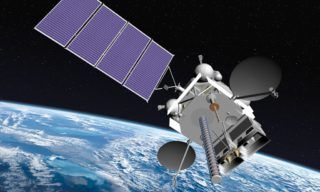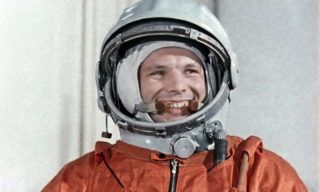Russian Security Council approved the decision to deliver NK-33 rocket engines to USA where it will be used for Antares rockets. The issue has been considered since last autumn, the question was whether it was efficient exporting the engines to USA in principle.
Russia has been supplying USS with RD-180 engines used at Atlas rockets since 1996. The Americans use Atlas to orbit military satellites. In this context Russian Ministry of foreign affairs stood for reevaluation of rocket engines export to USA.
Officially Ministry of Foreign affairs didn’t make any comments on this position but according to Roscosmos spokesman the Ministry was against resumption of NK-33 deliveries to USA and Ministry of defense supported them.
Security Council meeting took place in mid-February, the spokesman reported.
-Vice Prime Minister Dmitry Rogozin came out for resumption of NK-33 deliveries since this export program enables to resume the rocket production at JSC Kuznetsov, – he said. – It is beneficial for Roscosmos as NK-33 is planned to be used as a part of Soyuz 2.1v rocket. However at the present time Space Agency may confirm the purchase of a small number of such engines specimens which is to less to renew serial production while Orbital company which is Antares rocket manufacturer guarantees the purchase of 20 engines.
NK-33 engine was developed for Soviet Moon rocket N-1, the work on this rocket was stopped in mid-70es. That time engine designer Nikolay Kuznetsov took a decision not to eliminate but preserve several dozen specimens. The 1st lot of NK-33 was delivered to the USA in mid 1990-es, Aerojet company bought it at the price of 1million dollars per piece.
Together with Russian developers American specialist worked on the rockets to adjust it for their needs quite a long time. As a result modified AJ-26 engine was developed, it has already successfully flown as a part of Antares rocket twice.
– Positive decision on export enables us to intensify the process of NK-33 engine serial production recovery. The work is accomplished in 2 directions. The first one in the framework of the contract with Aerojet Rocketdyne for the program of Antares light booster. The second – Russian project with Progress Centre on Soyuz-2.1v light booster launch, – Joint engine designing corporation representatives reported.
Minimal quantity of investments necessary to restore NK-33 production amount to 1 billion rubles.
According to the spokesman the issues of RD-180 engine deliveries resumption was not discussed at the meeting.




